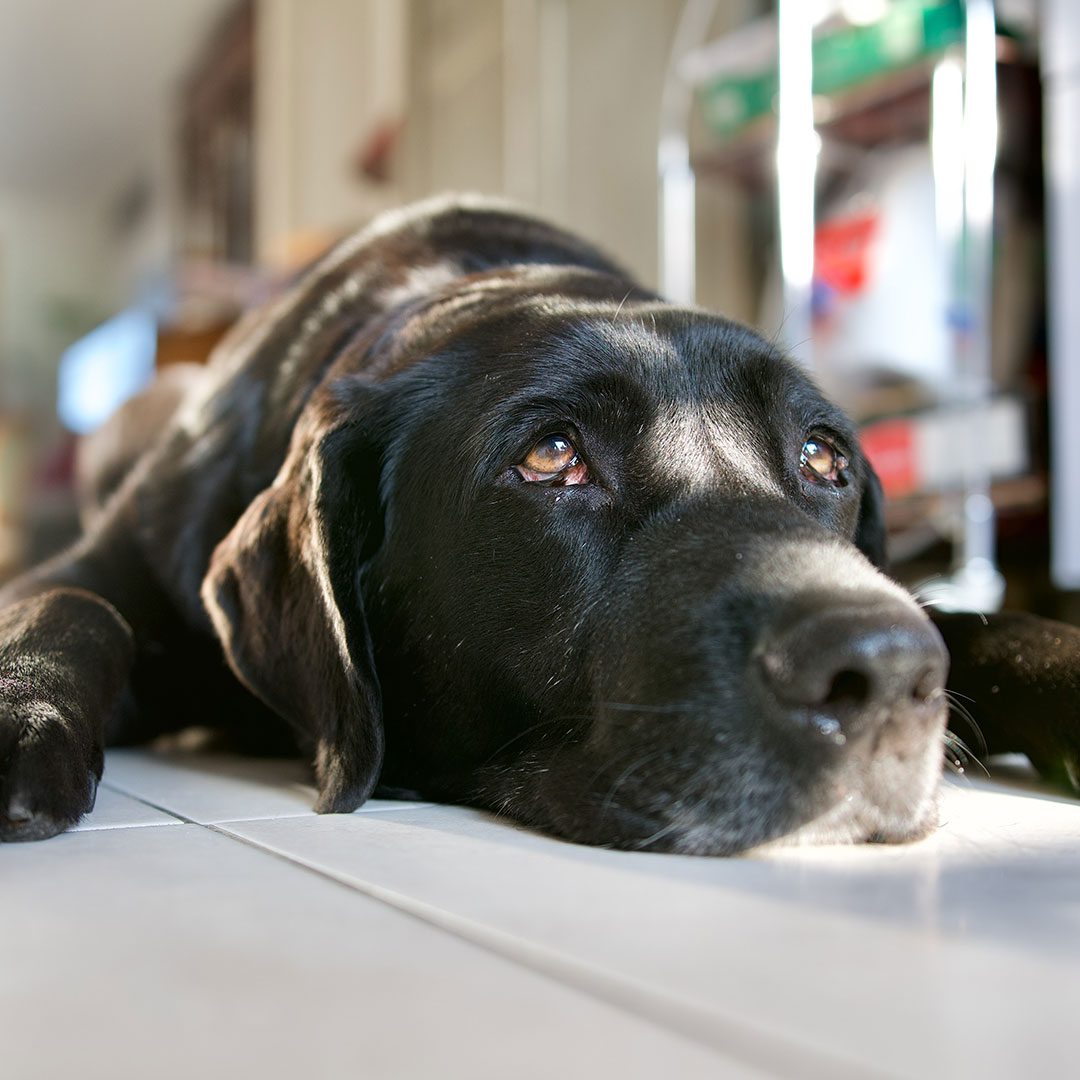If you have an issue with your pet, we always recommend giving us a call. We should be able to give you some good advice on the phone about what to do in every situation. However, sometimes, you may be asking yourself, should I do something before calling? Should I just wait until tomorrow?
This month’s blog will hopefully be a good guide to Medical Emergencies and aid in keeping a clear head.
Bleeding:
Fracture/ Trauma:
It is a very scary time when your beloved pet has an accident and has sustained injuries. Always be careful that you do not get injured by your pet when they are in pain.
Fracture If you notice that a limb is at an unusual angle, try to keep the patient from moving it. Excessive movement can cause shearing injury to blood vessels and nerves near the fracture. This will delay healing and can cause permanent nerve damage.
Internal injury Trauma may be internal. Monitor your pet closely for breathing issues. If your pet is open mouthed breathing or in distress, please try to be seen on Emergency. Occasionally, patients which have undergone trauma look uninjured on the outside but have serious internal injuries. I recommend having any patient which is hit by a vehicle be examined by a veterinarian.
Pain Pets do not usually cry in pain. If they do, the pain level is very high. More often they simply will be reluctant to move or exhibit lameness. Sometimes they simply are lethargic and not “ acting themselves”. Pets experience pain just like us. It is important to recognize this so we treat painful conditions as soon as possible.
Acute Diarrhea
Diarrhea without vomiting occurs often with dogs. We do not always know what they have eaten outside. Initially, at home, I recommend resting from food for 6–8 hours . Follow with a bland homemade diet in small meals several times per day. If your pet has no appetite and is lethargic, they should be seen. If they develop bloody stools, they should be seen.
Seizures
Seizure patients should be seen on emergency if they have more than 2 seizures in a 24 hour period or the single seizure lasts longer than 5 minutes.
Urinary Issues
Urinary issues can be very painful and medical emergencies for our 4-legged family members.
Cats as well as dogs can have urinary obstructions which make them unable to urinate. This leads to toxin build up and eventually kidney failure and death if not treated. This problem occurs mostly in male cats or male dogs. However, rarely females may not be able to urinate.
Symptoms include straining to urinate, vomiting, lethargy, inappetence, and yowling or crying.
This is a medical emergency. When you arrive at urgent care, your patient may be rushed quickly to the back in order to try to alleviate the pain and assess the situation quickly.
If you are concerned that your pet is having trouble urinating, please call as soon as possible.
Skin Issues
Although skin issues are rarely an emergency, they do constitute frequent visits to urgent care. Skin issues may not be life threatening but they can be very painful or uncomfortable. If you cannot get in to the vet right away and you do not see any lesions such as cuts or wounds, sometimes a soothing bath with an oatmeal shampoo can provide relief at home until you can be seen by a veterinarian.
Urgent care is perfect for the uncomfortable pet due to a skin issue. Keep the area that is affected clean and dry. It is best to keep our 4 legged friends from licking themselves. If you have an Elizabethan collar, that is a great place to start in order to keep them from worsening the situation. We sometimes recommend a t–shirt or something similar to keep the pet from bothering a lesion on the trunk. We can usually work your pet in during urgent care hours Monday through Friday.
Eye issues
Eyes are one thing we do not want to put off. Eye issues can escalate quickly and they can be painful and can sometimes lead to blindness. It is much safer to have an appointment and it be nothing than let an eye issue go on too long.
Once again prior to your appointment, try to keep your pet from scratching the eye. This is very important as this can lead to much worse conditions than the initial insult to the eye.
Once at the clinic, we will discuss further testing which may need to be performed on your pet’s eye to determine the best way forward. This includes a Fluorescein dye test to evaluate for corneal injuries. Tonometry, which helps us rule out Glaucoma and a Schirmer tear test to see if your pet is producing enough tears to properly lubricate the eye.







